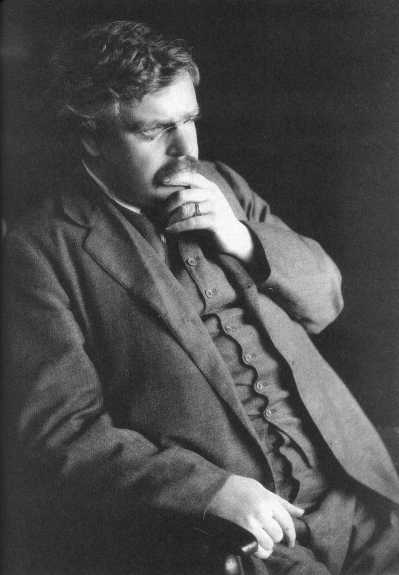I'm still working my way through Pope Francis' new encyclical,
Lumen Fidei. It's nice to pause between sections to really drink up the whole thing. I love when new encyclicals are released-nothing like some new fresh breath to revitalize us. And thanks to the wonders of the internet, we all flock to the virtual watering-holes to excitedly share what we're reading. As one friend of mine pointed out, it's like a virtual
Harry Potter release party...only with encyclicals. We all wait giddy with anticipation, and then rush to read the whole thing immediately. Technology enables us to share the faith with greater speed and facility than ever before. It's a shame that Brandon Vogt's
eagerness to share the new encyclical in e-reader formats was suspended so quickly...but I guess even the Good News is subject to quibbles over distribution rights these days.
Then, today, I was delighted to see that some friends of mine have banded together to encourage people to request that a print copy of
Lumen Fidei be added to the collection at their local public library. I hope that many more people decide to do the same. I'm especially excited to see this happen because it strikes many chords with things I've previously written about
evangelization and
libraries. I think we all spend so much time tinkering around on the internet and caught up in discussion of 'the new evangelization' that we forget that books have a tremendously important role to play in spreading the faith-after all, "
tolle lege" got St. Augustine's conversion going, and as St. Josemaria once said, "Reading has made many saints."
I think it's relevant here to revisit the words of Mr. Thomas Loome (of
Loome Theological Booksellers fame) as he highlighted the great destruction of many Catholic library collections in the wake of Vatican Council II:
"The only other lesson that occurs to me is this: as believing Catholics we have a responsibility to preserve the patrimony of the Church, certainly in so far as it has been entrusted to us as librarians and as professionally interested parties. Much has been destroyed forever. Those who wreak the damage have mostly passed from the scene (although one would like to think that in the end they acknowledged their wrongdoings and perhaps clothed themselves in sackcloth and ashes). And so only we, presiding over the wreckage, are left to tell the tale.
"What is the lesson for us? To start afresh. Slowly to recreate, in some small measure, what is gone forever. We shall do this, however, only if we are both Catholic and bookish: commmited to the Church, passionately devoted to books, and, as a consequence, deeply rooted in the Church's literary and theological tradition. This is the indispensable condition for an even tolerable future for Catholic libraries. Absent this profound commitment to Catholicism and books, I frankly see virtually no hope at all for Catholic libraries."









